- Planet
- Energy
- Health and biotech
- Digital
- Space
- Economics
- Industry
- Science and technology
- Society
- Geopolitics
- Neuroscience
- Videos
- Magazine

Christian Deblock, Professor Emeritus at Université du Québec
On April 9th, 2025Since his return to the White House, President Donald Trump has placed tariffs at the heart of international concerns.
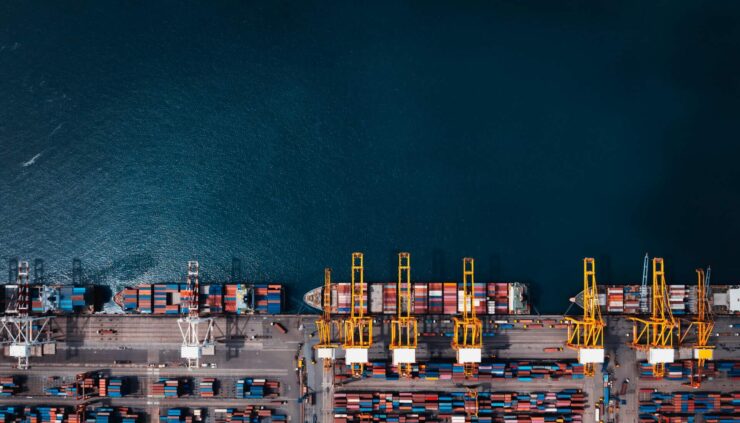
Badis Hammi, Associate Professor at Télécom SudParis (IP Paris), Roni Carta , Ethical Hacker and Founder of Lupin & Holmes
On April 9th, 2025Attacks on the digital supply chain represent a real threat to IT security.
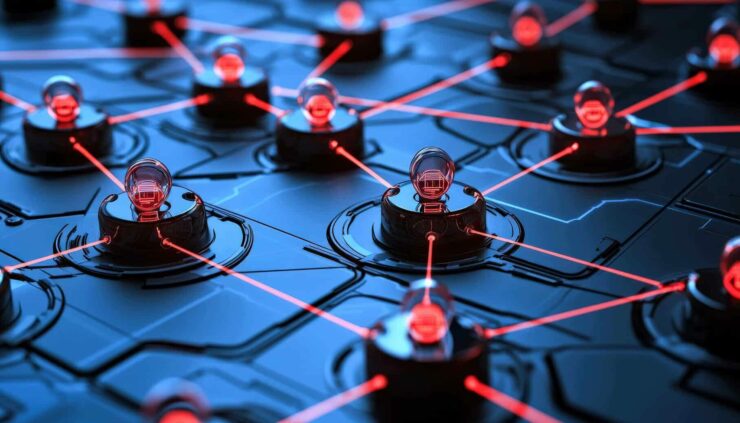
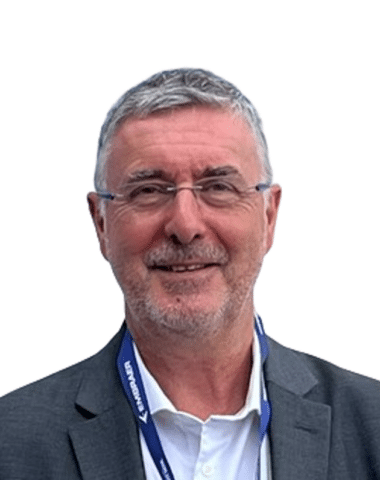
Jean-Marc Astorg, Director of Strategy at CNES
On April 9th, 2025Patrick Artus, Economic Advisor to Ossiam and Member of Cercle des Économistes
On April 2nd, 2025The United States under Donald Trump presents Europe with major challenges: protectionism, global warming and militarisation.
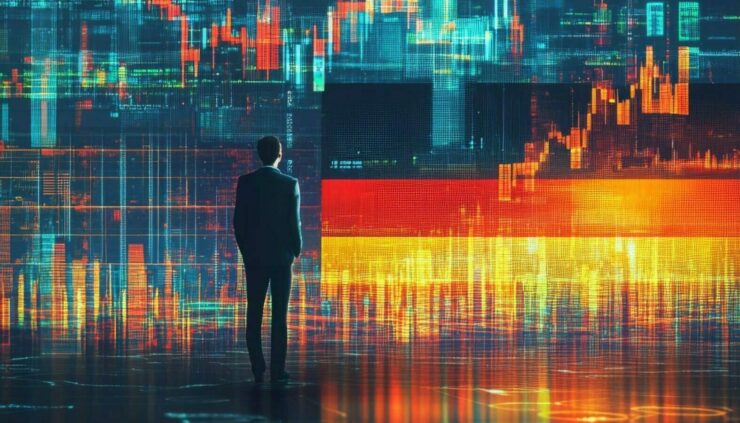
Sébastien Dauvé, Director of CEA-Leti
On April 2nd, 2025To counter its dependence on Asia and the United States in the electronic semiconductor market, Europe, which represents just under 10% of world production, has launched the Chips Act.

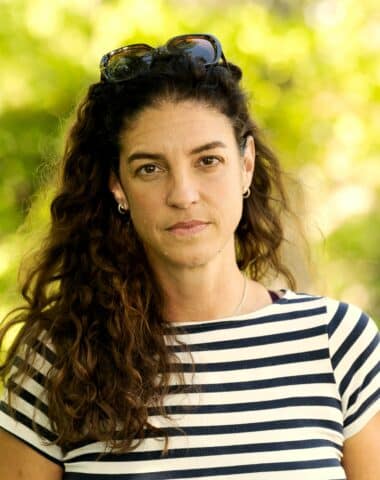
Bethanie Carney Almroth, Professor of Environmental Science at University of Gothenburg, Baptiste Monsaingeon, Lecturer at University of Reims Champagne-Ardennes, Florian Pohl, Leader of Emmy Noether Research Group at University of Bayreuth
On April 2nd, 2025Ahmad Al Bitar, CNRS Research Engineer at Centre d'Études Spatiales de la Biosphère, Veronika Antonenko, Research Engineer at Centre d'Études Spatiales de la Biosphère
On March 26th, 2025In 2022, wheat yields fell by 20% in the Kherson region (which was invaded by the Russian army) compared to previous years, while they remained stable in Poltava.
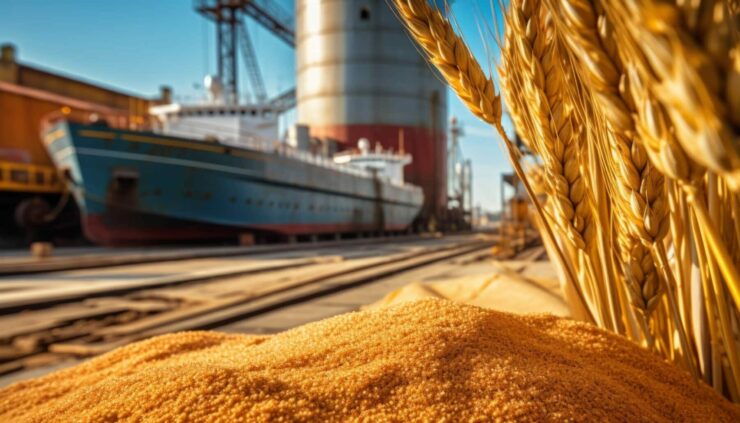
Phuc-Vinh Nguyen, Head of the Energy Centre at Institut Jacques Delors , Jacques Le Cacheux, Emeritus Professor of Economics at Université de Pau et des Pays de l'Adour
On March 26th, 2025The European Commission has unveiled a series of measures aimed at simplifying three sections of the European Green Deal under the name of “omnibus directive”.
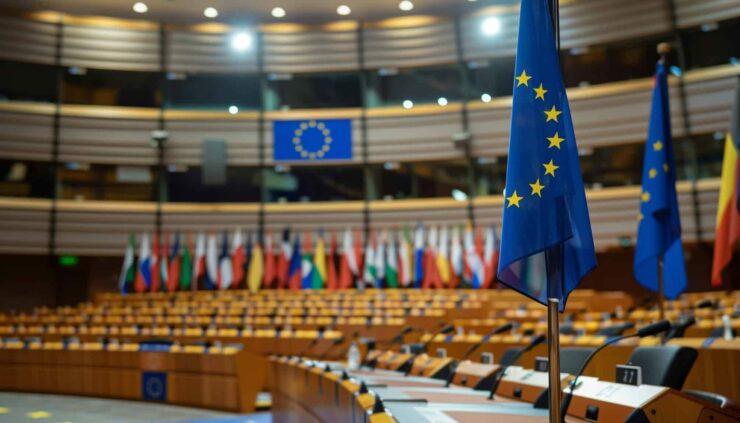
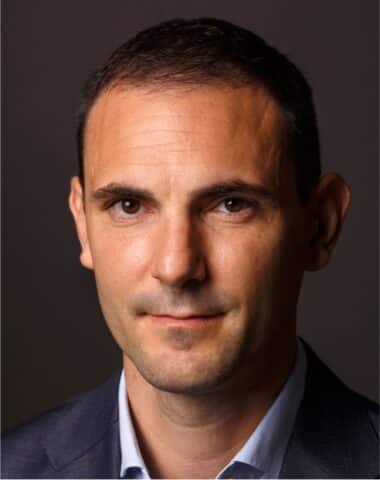
Pierre Boyer, Professor of Economics at Ecole Polytechnique (IP Paris) and Member of CREST, Héloïse Cloléry, Post-Doctoral Fellow at Bocconi University in Milan, Matías Núñez, Professor at Ecole Polytechnique (IP Paris) and Permanent Member of CREST
On March 26th, 2025Claude Gronfier, Researcher in Chronobiology at Inserm's Centre de Recherche en Neurosciences de Lyon
On March 19th, 2025A study of RATP employees shows that tram and bus drivers (outdoors) have fewer sleep disorders than metro drivers (indoors).

Marielle Saunois, Lecturer and Researcher at Université Versailles Saint Quentin and Member of Climate and Environmental Sciences Laboratory
On March 19th, 2025Satellite data now makes it possible to measure methane leaks independently, without relying on industry estimates.
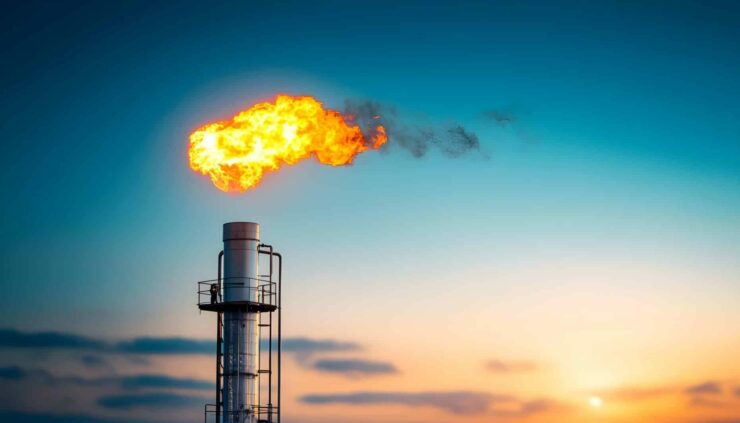
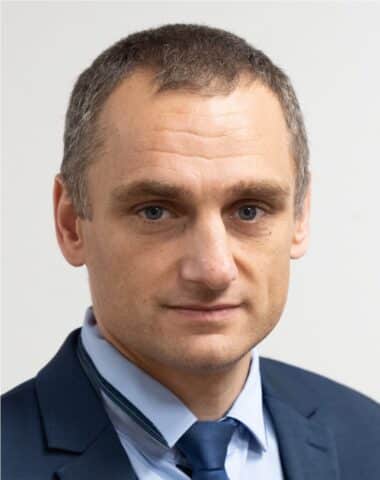
Christophe Gaie, Head of the Engineering and Digital Innovation Division at the Prime Minister's Office, Laurent Denis, Technical Architect in the Prime Minister's Office
On March 19th, 2025Jean-Pierre Diris , Interministerial Coordinator for France on IRIS² and GOVSATCOM
On March 11th, 2025Europe will be deploying the IRIS2 constellation of telecoms satellites in 2030 to avoid relying on non-European players for its strategic or governmental needs.
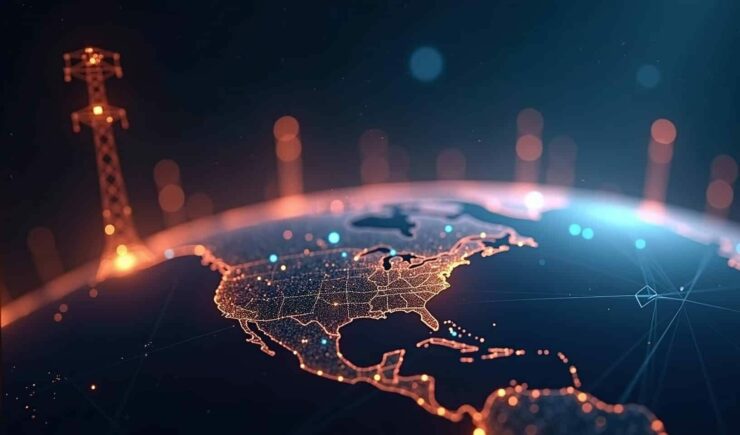
Russel Foster , Director of the Sleep and Circadian Research Institute at the University of Oxford
On March 11th, 2025There are several preconceived ideas about the link between screens and sleep; studies need to be nuanced as they are often carried out in laboratories and not outdoors.

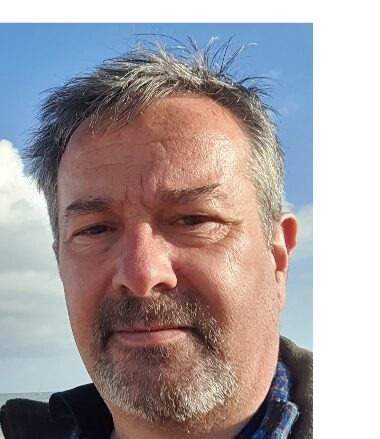
Gilles Grandjean, Co-Director of France 2030 Scientific Program Risques (IRiMa)
On March 11th, 2025Paul Zajac, Director of Strategic Affairs at CEA
On March 5th, 2025Since the end of the 2000s, nuclear weapons have once again become a factor in the interplay of power between nations.
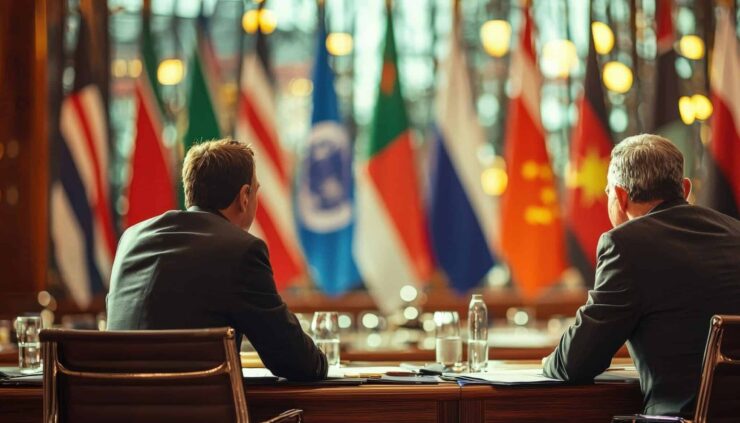
Delphine Oudiette, Inserm Research Director and Co-Director of DreamTeam at Institut du Cerveau in Paris, Claudia Picard-Deland, Postdoctoral Researcher in the Department of Psychiatry and Addictology at Université de Montréal
On March 5th, 2025The level of evidence in studies on dreams is generally low... So what do we know about our dreams today?
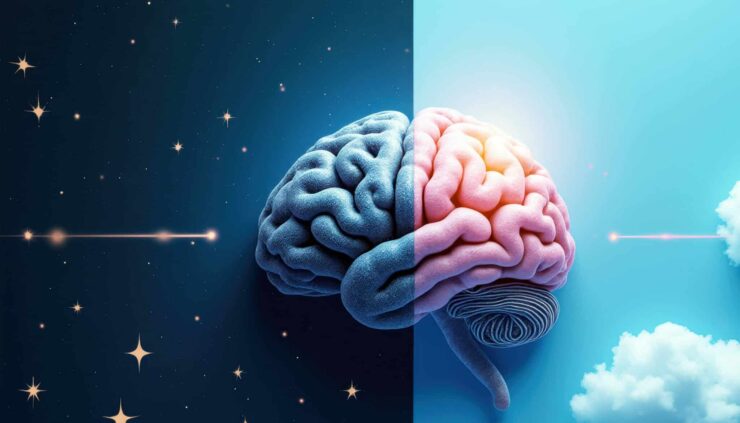
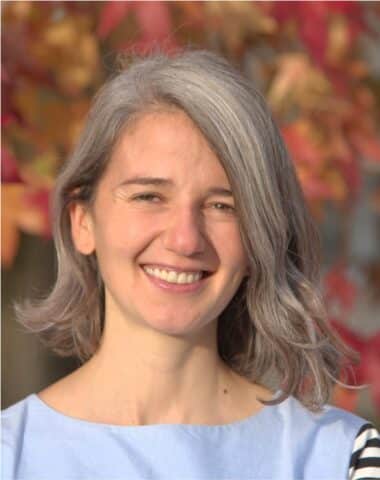
Lina Hadid, Astrophysicist and Researcher at Plasma Physics Laboratory at Ecole Polytechnique (IP Paris)
On March 5th, 2025Virginie van Wassenhove, Research Director at CEA
On February 26th, 2025Scientists are now investigating the way in which neurons code the mental representation of time.

Peter Wells, Professor of Business and Sustainability at Cardiff University
On February 26th, 2025India has set itself ambitious targets for its transition to electric vehicles.
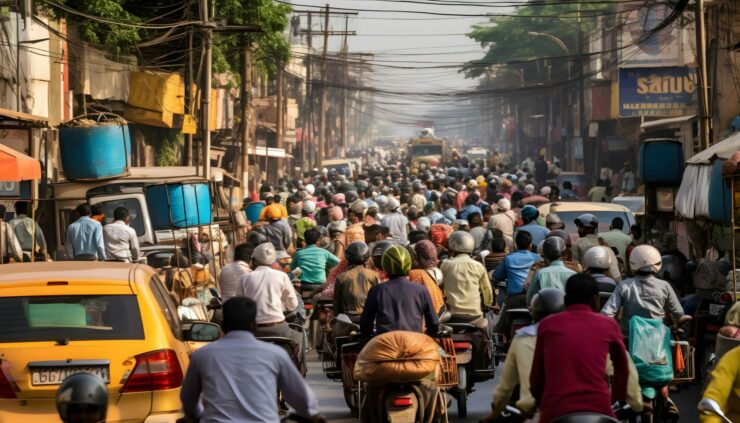 More columns here
More columns here
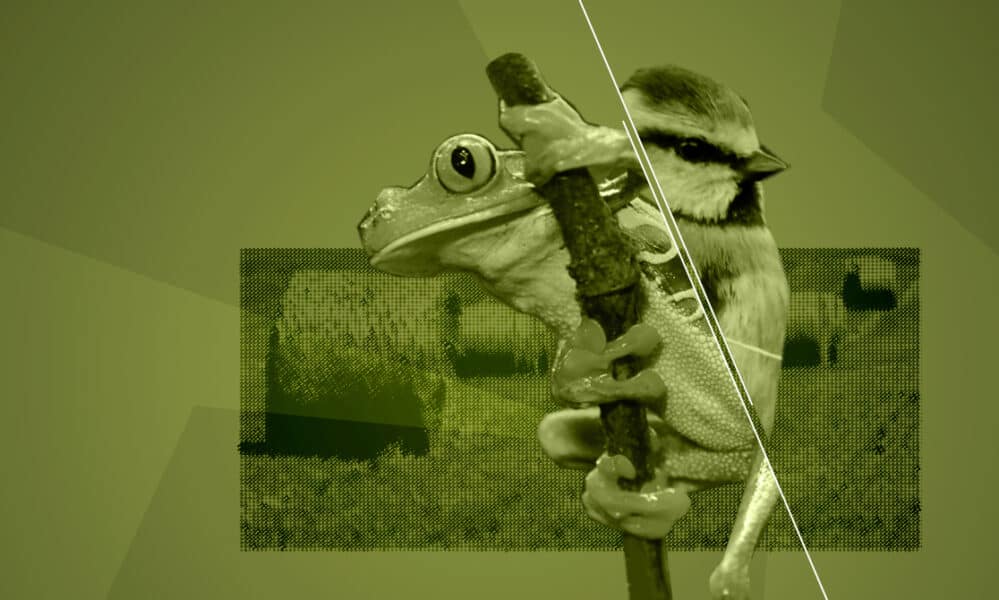
Denis Couvet, President of the Foundation for Research on Biodiversity and Professor at Muséum National d'Histoire...
Tania Louis, PhD in biology and Columnist at Polytechnique Insights
Benoit Pisanu, Ecology researcher at MNHN
Clémentine Mutillod, PhD student at the Mediterranean Institute of Biodiversity and Ecology at Avignon Université , Simon Chollet, Lecturer at Université de Rennes
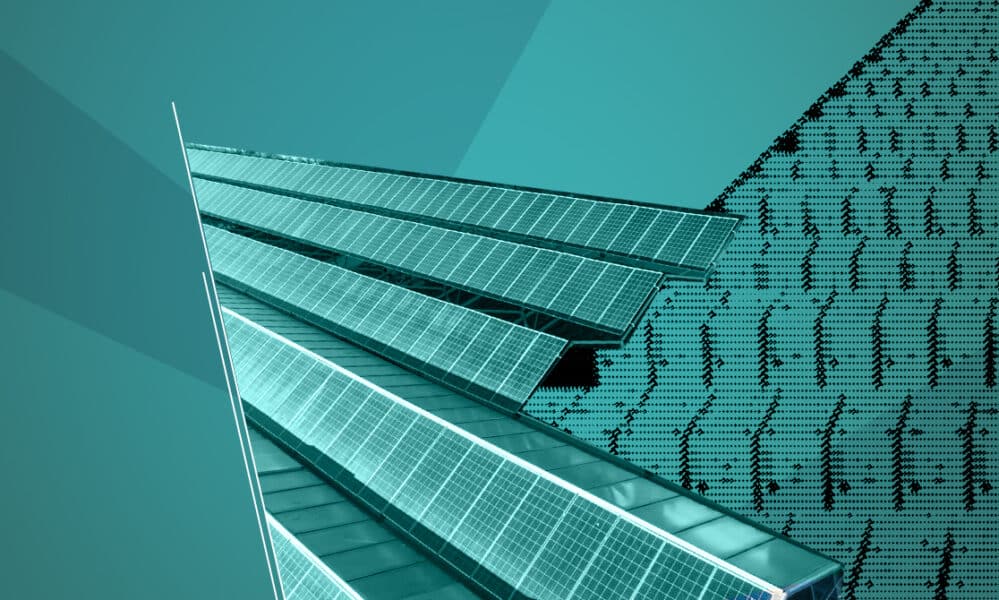
Didier Dalmazzone, Professor of Chemistry and Processes at ENSTA (IP Paris)
Patricia Crifo, Professor of Economics at Ecole Polytechnique (IP Paris) , Ao Li, Master's Student at Ecole Polytechnique (IP Paris) , Wenrui Dai, Master's Student at Ecole Polytechnique (IP Paris) , Inès Glangeaud, Master's Student at Ecole Polytechnique (IP Paris)
James Quach, Chief Scientist at the Commonwealth Scientific and Industrial Research Organisation (CSIRO), Austral...
María Eugenia Sanin, Lecturer in economics at Université Paris Saclay and coordinator of the Sectoral Policies group at t...
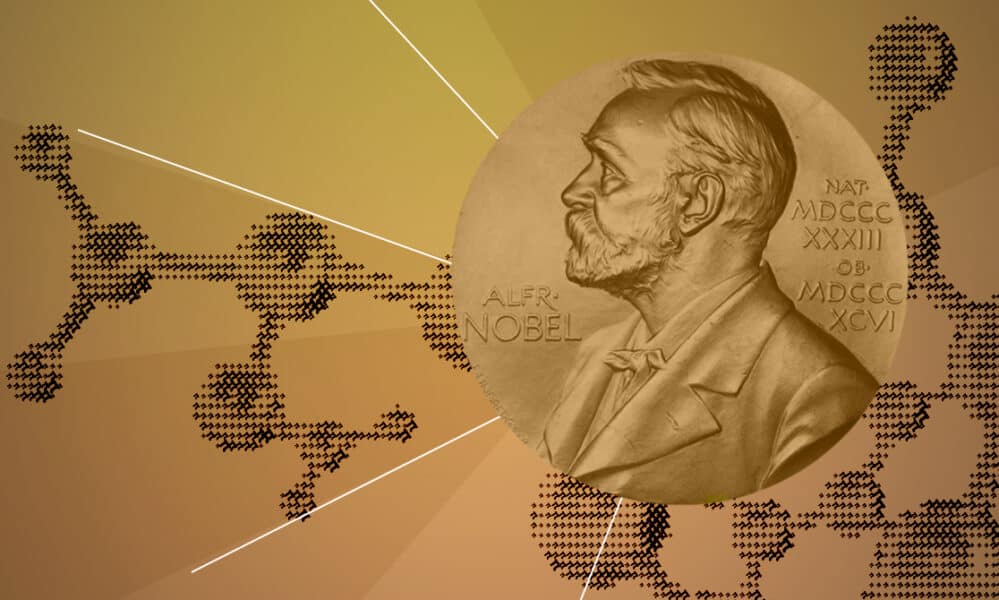
Pierre Boyer, Professor of Economics at Ecole Polytechnique (IP Paris) and Member of CREST , Héloïse Cloléry, Post-Doctoral Fellow at Bocconi University in Milan , Matías Núñez, Professor at Ecole Polytechnique (IP Paris) and Permanent Member of CREST
Sara Signorelli , Assistant professor at CREST at Ecole Polytechnique (IP Paris) , Roland Rathelot, Professor of Economics at ENSAE (IP Paris)
Stefan Haessler, CNRS Research Fellow (IP Paris)
Thierry Gacoin, Professor of Materials Science in the Physics and Chemistry Departments of École Polytechnique (IP P...
Tania Louis, PhD in biology and Columnist at Polytechnique Insights
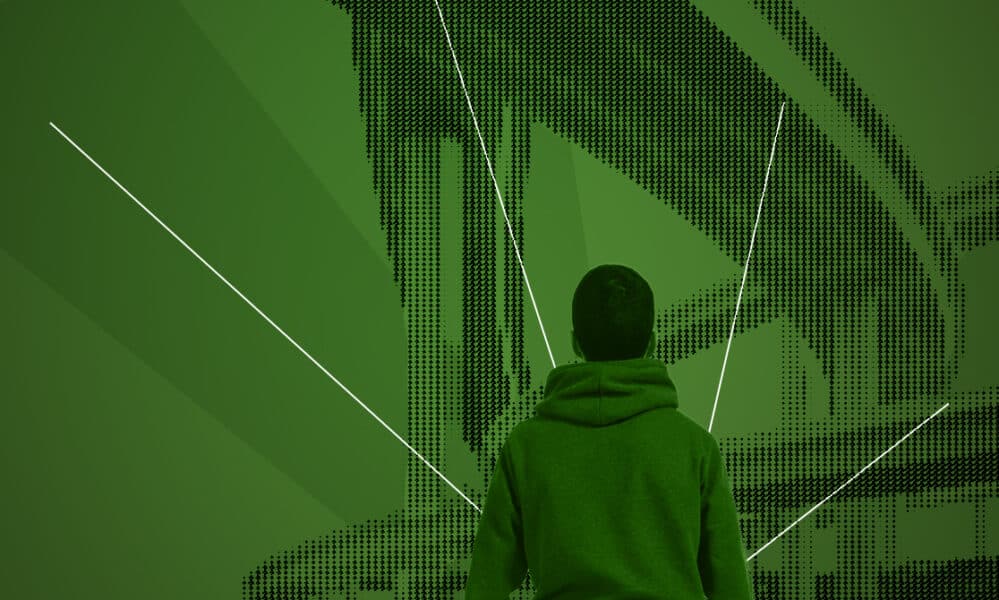
Boris Cheval, Assistant Professor of Psychology at ENS Rennes
Anne Muxel, Research Director of Sociology and Political Science Research at CNRS (CEVIPOF/Sciences Po)
Catherine Rolland, Project Manager for the Science and Video Games Chair at Ecole Polytechnique (IP Paris)
Guillaume Bronsard, Child and adolescent psychiatrist at Université de Bretagne Occidentale
Grégoire Borst, Professor of Psychology at Université Paris Cité
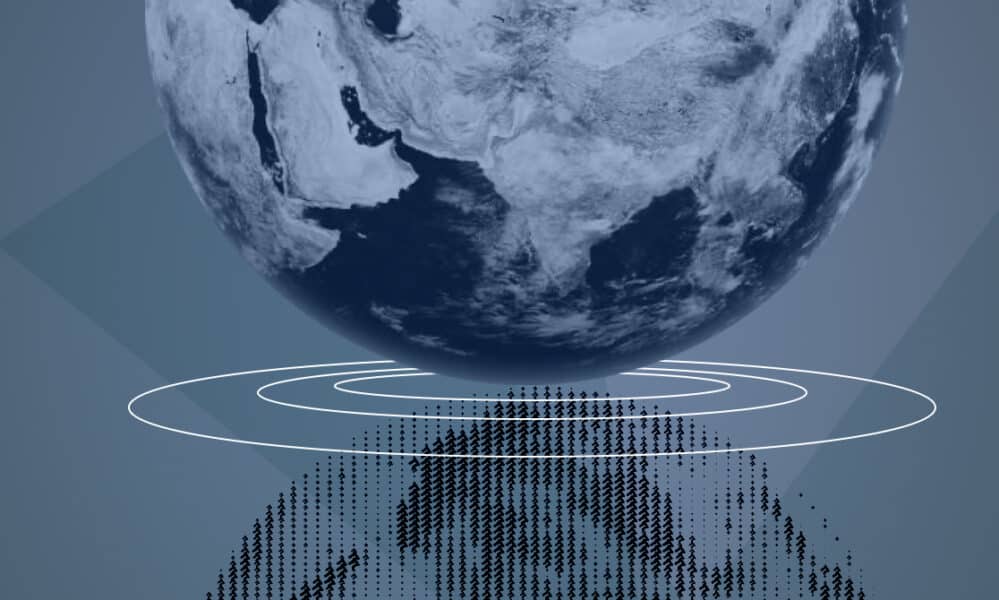
Gilles Grandjean, Co-Director of France 2030 Scientific Program Risques (IRiMa)
Hervé Douville, Researcher at Centre National de Recherches Météorologiques (CNRM)
Simon Mittelberger, Climatologist at Météo-France specialising in Water Resources , Bertrand Decharme, CNRS Research Director at Centre National de Recherches Météorologiques (CNRM) , Eric Sauquet, Research Director in Hydrology at INRAE
Jan Polcher, Research Director at the Dynamic Meteorology Laboratory (CNRS) and lecturer at Ecole Polytechnique (...
Pilar Acosta, Professor in Management of Innovation at Ecole Polytechnique (IP Paris) , Juan Diego Avila Hurtado, Master's Student at Ecole Polytechnique (IP Paris) , Hector Bonnel, Master's Student at Ecole Polytechnique (IP Paris) , Alexander Bracklo, Master's Student at Ecole Polytechnique (IP Paris)
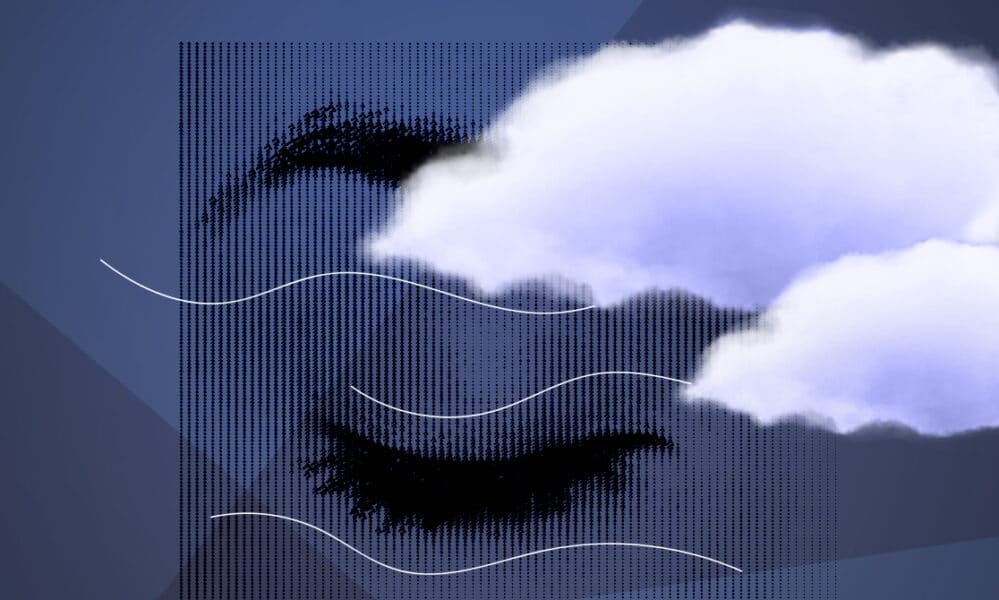
Delphine Oudiette, Inserm Research Director and Co-Director of DreamTeam at Institut du Cerveau in Paris , Claudia Picard-Deland, Postdoctoral Researcher in the Department of Psychiatry and Addictology at Université de Montréal
William Wisden, Professor at Imperial College London, Member of the Academy of Medical Sciences and the Royal Societ...
Armelle Rancillac, Researcher in Neuroscience at Inserm and Collège de France
Jean-Philippe Empana, Physician and INSERM Research Director at Paris Cardiovascular Research Center (PARCC)

Etienne Minvielle, Director of the Centre de Recherche en Gestion at Ecole Polytechnique (IP Paris)
Mounîm A. El Yacoubi, Professor at Télécom SudParis (IP Paris)
Cécile Patte, Inria engineer in biomechanics, Jeunes Talents France 2020 prize "For women in science" (L'Oréal-Une...
Emmanuel Didier, Sociologist, CNRS Research Director and member of the Maurice Halbwachs Centre at EHESS
Joël Perez Torrents, PhD student at I³-CRG* at École Polytechnique (IP Paris)
Etienne Minvielle, Director of the Centre de Recherche en Gestion at Ecole Polytechnique (IP Paris) , Alexis Hernot, Co-founder and CEO of Calmedica
Etienne Minvielle, Director of the Centre de Recherche en Gestion at Ecole Polytechnique (IP Paris) , Antoine Flahault, PhD in biomathematics
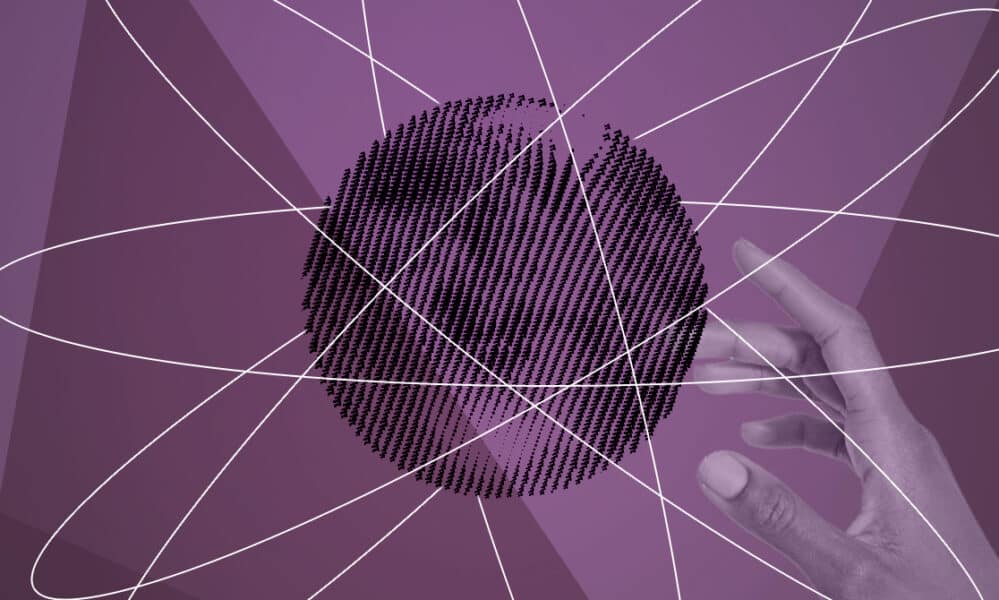
Christophe Gaie, Head of the Engineering and Digital Innovation Division at the Prime Minister's Office , Jean Langlois-Berthelot, Ph.D. in Applied Mathematics and Head of Division in the French Army
Alain Aspect, Nobel Prize in Physics 2022, Professor at the Institut d'Optique Graduate School (Université Paris-S...
Laurent Sanchez-Palencia, CNRS Research Director in Quantum Physics and Professor at Ecole Polytechnique (IP Paris)
Pierre Henriquet, Doctor in Nuclear Physics and Columnist at Polytechnique Insights
Loïc Henriet, CTO at Pasqal , Landry Bretheau, Professor at Ecole Polytechnique, Quantum Physicist and Researcher in the Laboratory of Condensed Ma...
Pierre Henriquet, Doctor in Nuclear Physics and Columnist at Polytechnique Insights
Pierre Henriquet, Doctor in Nuclear Physics and Columnist at Polytechnique Insights
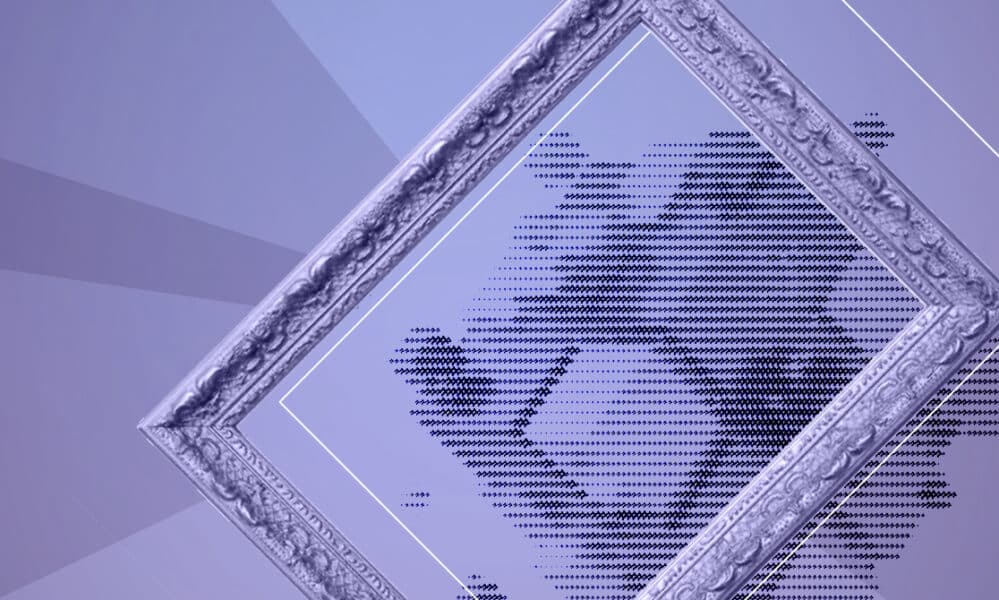
Geoffroy Peeters, Professor of Data Science at Télécom Paris (IP Paris)
Titus Zaharia, Professor at Télécom SudParis (IP Paris) , Marius Preda, Associate Professor at Institut MINES-Télécom
Marie-Paule Cani, Professor of Computer Science at École Polytechnique (IP Paris) and member of the Académie des Scien...
Gaël Richard, Professor at Télécom Paris (IP Paris) and Scientific Co-director of the Hi! PARIS interdisciplinary ...
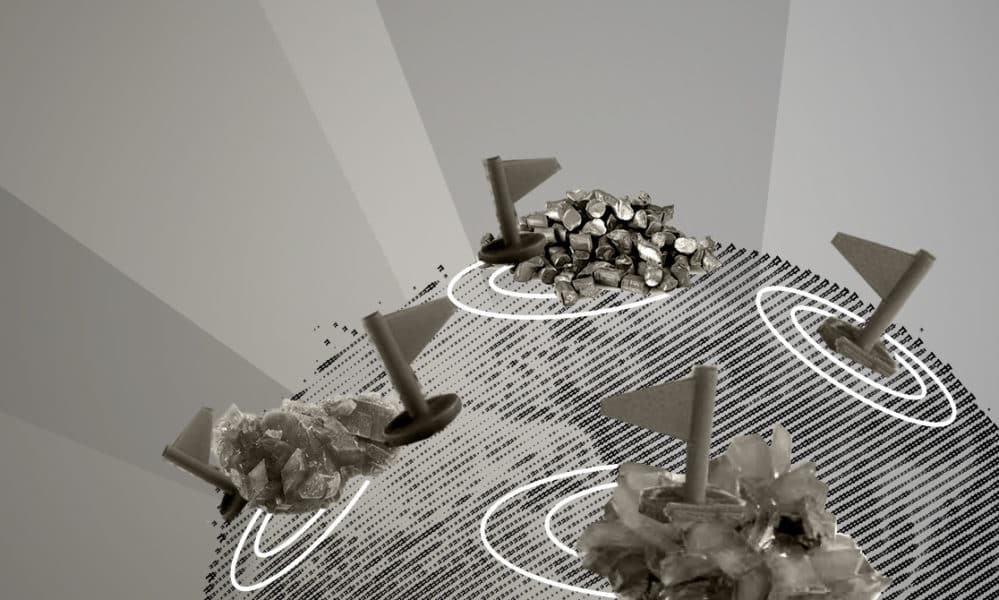
Mathieu Xémard, project leader at Centre Interdisciplinaire d'Études pour la Défense et la Sécurité (IP Paris)
Emmanuel Hache, Assistant and Economist-Prospector at IFP Énergies nouvelles and Research Director at IRIS , Candice Roche, Research Fellow in Geopolitics of Metals and Ecological Transition at IFPEN , Vincent d’Herbemont, Civil engineer in the economics and environmental assessment department at IFP énergies nouvelles
María Eugenia Sanin, Lecturer in economics at Université Paris Saclay and coordinator of the Sectoral Policies group at t... , Olivier Perrin, Partner in the energy, resources and industry sector at Deloitte
Emmanuel Hache, Assistant and Economist-Prospector at IFP Énergies nouvelles and Research Director at IRIS
Anna Creti, Professor at Université Paris-Dauphine-PSL, Director of Climate Economics Chair and Associate Direct...
Olivier Massol, Professor at the Centre for Energy Economics and Management at IFP School
Patrice Geoffron, Professor at the University of Paris-Dauphine and Director of Center of Energy and Climate Change Ec...
Marc-Antoine Eyl-Mazzega, Director of the Energy & Climate Centre at the French Institute of International Relations (Ifri...
María Eugenia Sanin, Lecturer in economics at Université Paris Saclay and coordinator of the Sectoral Policies group at t...
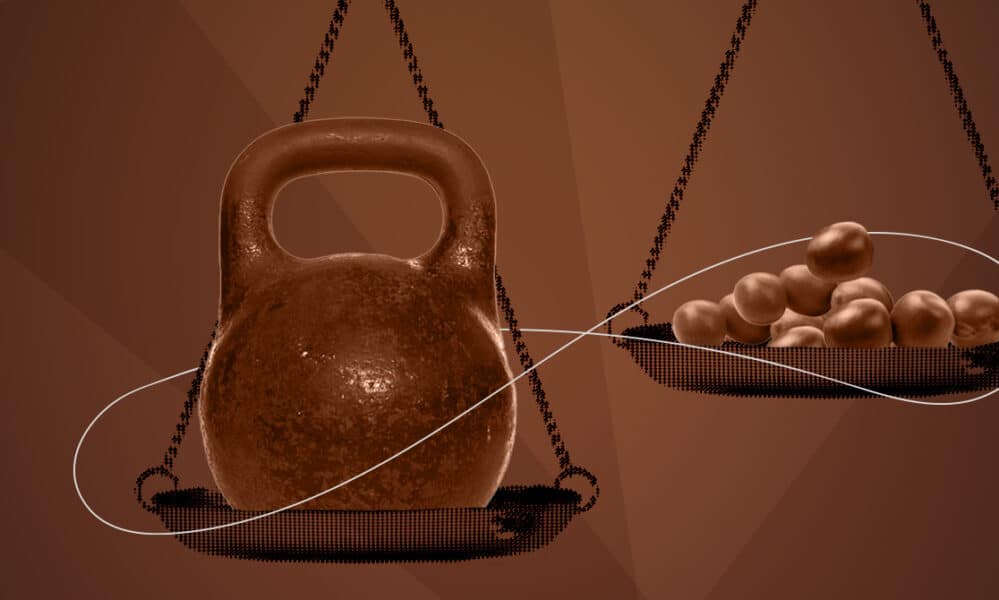
Nicolas Duvoux, Professor of Sociology at Université Paris VIII
Guillaume Hollard, Professor of Economics at Ecole Polytechnique (IP Paris) , Camille Peugny, Professor of Sociology at Université de Versailles Saint-Quentin-en-Yvelines
Gwenn Menvielle, Research Director in Post-Cancer at Inserm , Aurore Loretti, Lecturer at ETHICS Laboratory's Medical Ethics Centre at Université Catholique de Lille
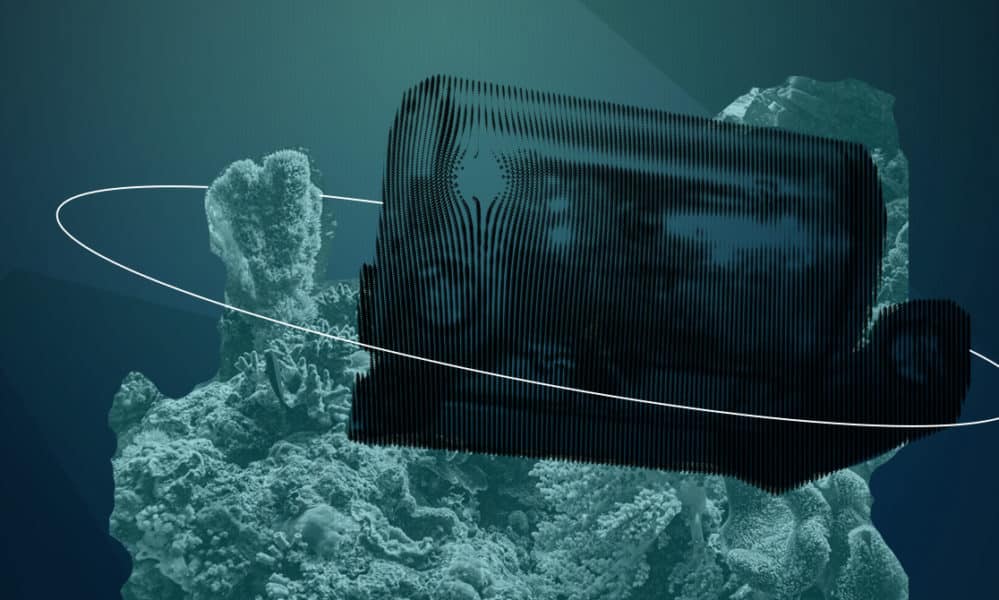
Emmanuel Hache, Assistant and Economist-Prospector at IFP Énergies nouvelles and Research Director at IRIS , Émilie Normand, Economist Engineer, Head of Research at IFP Énergies nouvelles , Candice Roche, Research Fellow in Geopolitics of Metals and Ecological Transition at IFPEN
Florian Besson, Geological Engineer at Ifremer
Ewan Pelleter, Researcher in Marine Geosciences at Ifremer
Lénaick Menot, Researcher in the Deep Environment Laboratory at Ifremer
Laurent Mortier, Professor at ENSTA (IP Paris)
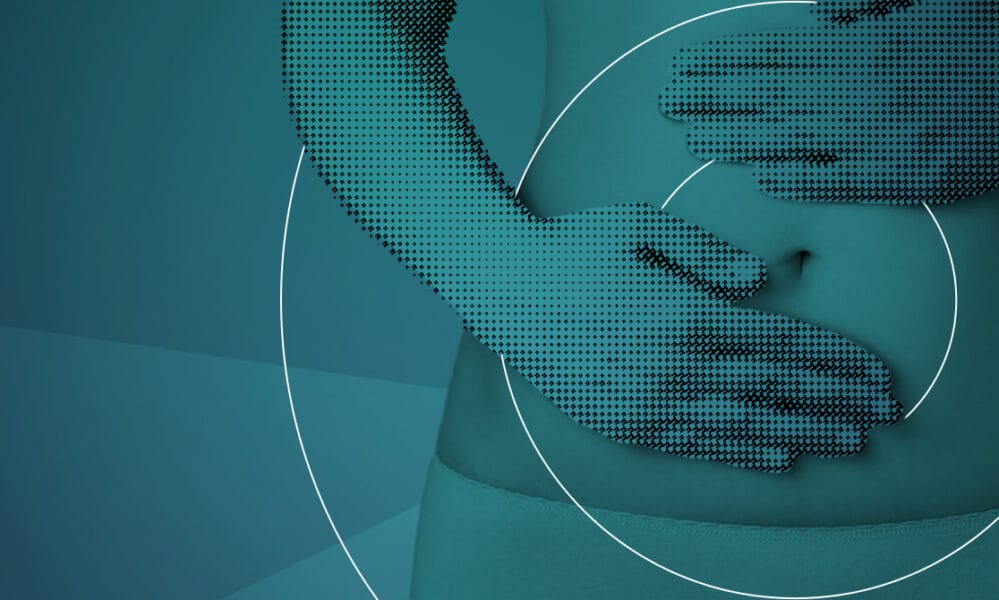
Claire Mounier-Vehier, Professor of Vascular Medicine and Head of Department at CHU of Lille, Heart-Lung Institute
Shannon Dunn, Associate Professor of the Department of Immunology at the University of Toronto
Canan Dagdeviren, Associate Professor of Media Arts and Sciences at MIT Media Lab
Juliana Antero, Epidemiological researcher at the Institut national du sport de l'expertise et de la performance
Krina Zondervan, Professor of Reproductive & Genomic Epidemiology at Oxford University

Jean-François Delfraissy, Chairman of the French National Consultative Ethics Committee
Jean-Marc Lemaître, INSERM Research Director at Institut de Médecine régénératrice et Biothérapie de Montpellier (IRMB)
Anne-Marie Guillemard, Professor Emeritus of Sociology at Université de Paris-Cité
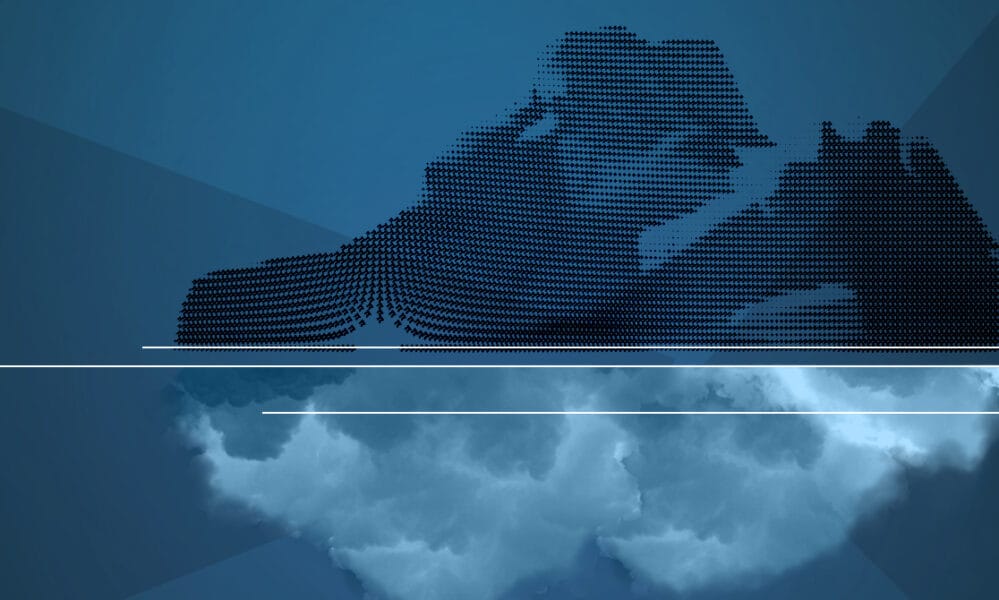
Cédric Tard, CNRS Research Director and Professor at École Polytechnique (IP Paris)
Alexandre Magnan, Senior Researcher in "Adaptation to Climate Change" at Institut du Développement Durable et des Rela... , Jean-Pierre Gattuso, CNRS Research Director in Oceanography at Sorbonne Université and IDDRI-Sciences Po &nb...
Laurent Bopp, CNRS Research Director at the Laboratoire de Météorologue Dynamique of the Institut Pierre-Simon Lap... , T. Alan Hatton, Ralph Landau Professor of Chemical Engineering Practice at MIT
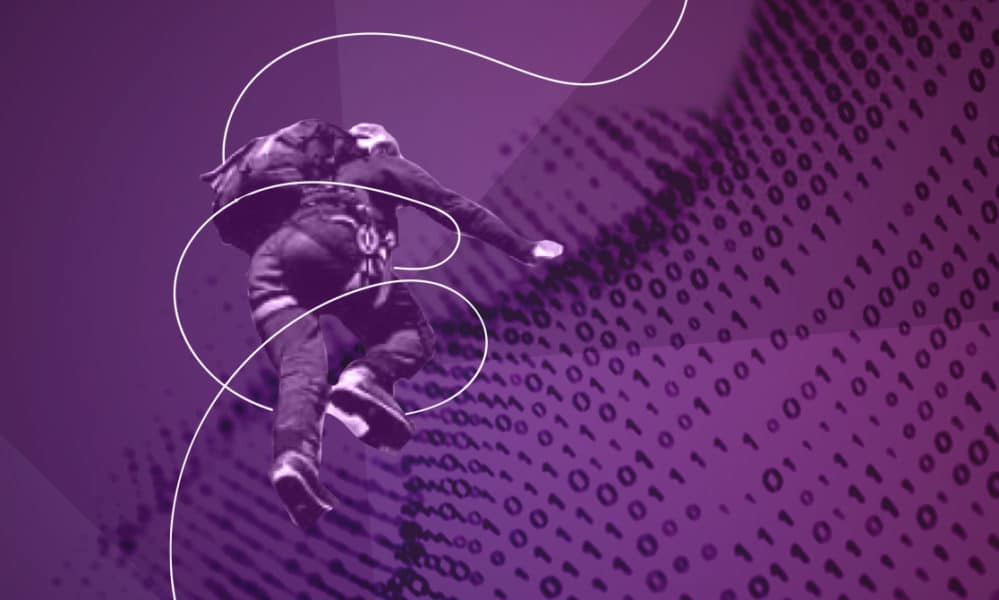
Hamilton Mann, Group Vice President of Digital Marketing and Digital Transformation at Thales and Senior Lecturer a... , Cornelia C. Walther, Senior Visiting Scientist at Wharton Initiative for Neuroscience (WiN) , Michael Platt, Director of the Wharton Neuroscience Initiative and a Professor of Marketing, Neuroscience, and Psyc...
Stephan Clémençon, Professor of Applied Mathematics at Télécom Paris (IP Paris)
Isabelle Bloch, Professor at Sorbonne University (Chair in Artificial Intelligence)
Lê Nguyên Hoang, Co-founder and President of Tournesol.app , Victor Berger, Post-doctoral researcher at CEA Saclay , Giada Pistilli, PhD student at Sorbonne University affiliated with the CNRS Science, Norms, Democracy laboratory
Véronique Steyer, Associate Professor in Innovation Management at École Polytechnique (IP Paris) , Milie Taing, Founder and CEO of Lili.ai
Daniel Andler, Professor emeritus in Philosophy of Science at Sorbonne Université , Maxime Amblard, Professor of Computer Science at Université de Lorraine , Annabelle Blangero, PhD in Neuroscience and Data Science Manager at Ekimetrics
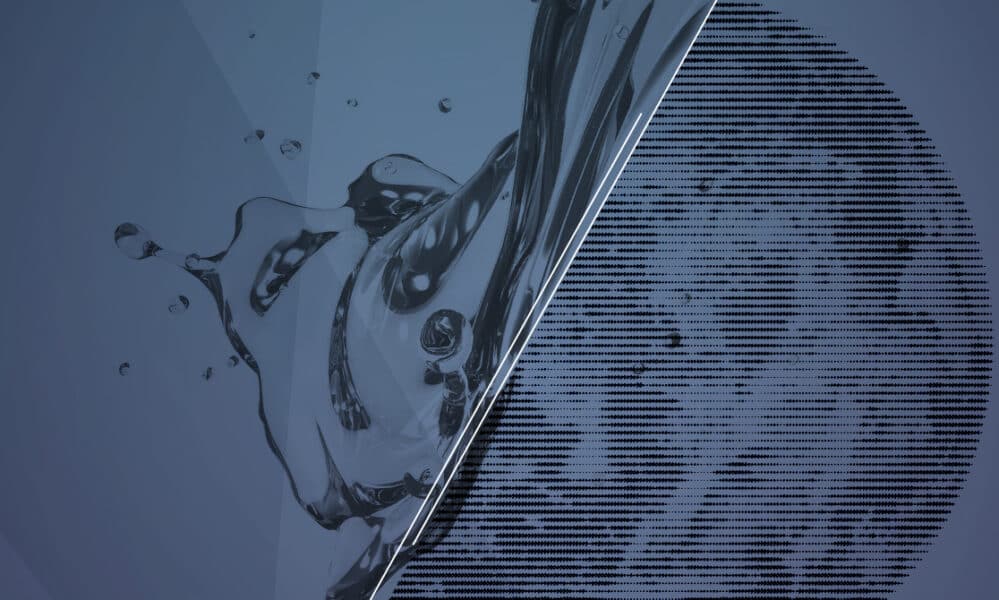
Eric Sauquet, Research Director in Hydrology at INRAE
Patricia Crifo, Professor of Economics at Ecole Polytechnique (IP Paris) , Maxime Elkington, Masters student in "Economics for smart cities and climate policy" at École Polytechnique (IP Paris)
Hervé Douville, Researcher at Centre National de Recherches Météorologiques (CNRM) , Bertrand Decharme, CNRS Research Director at Centre National de Recherches Météorologiques (CNRM)
Marine Colon, Lecturer at AgroParisTech and Researcher in Public Management , Stéphanie Dos Santos, Sociologist and demographer at IRD Population Environment Development Laboratory
Éric Servat, Director of UNESCO International Centre for Water
Nassim Ait Mouheb, Researcher at INRAE , Corinne Cabassud , Professor emeritus at INSA Toulouse and Researcher at Toulouse Biotechnology Institute (TBI)
Our world explained with science. Every week, in your inbox.
Get the newsletter